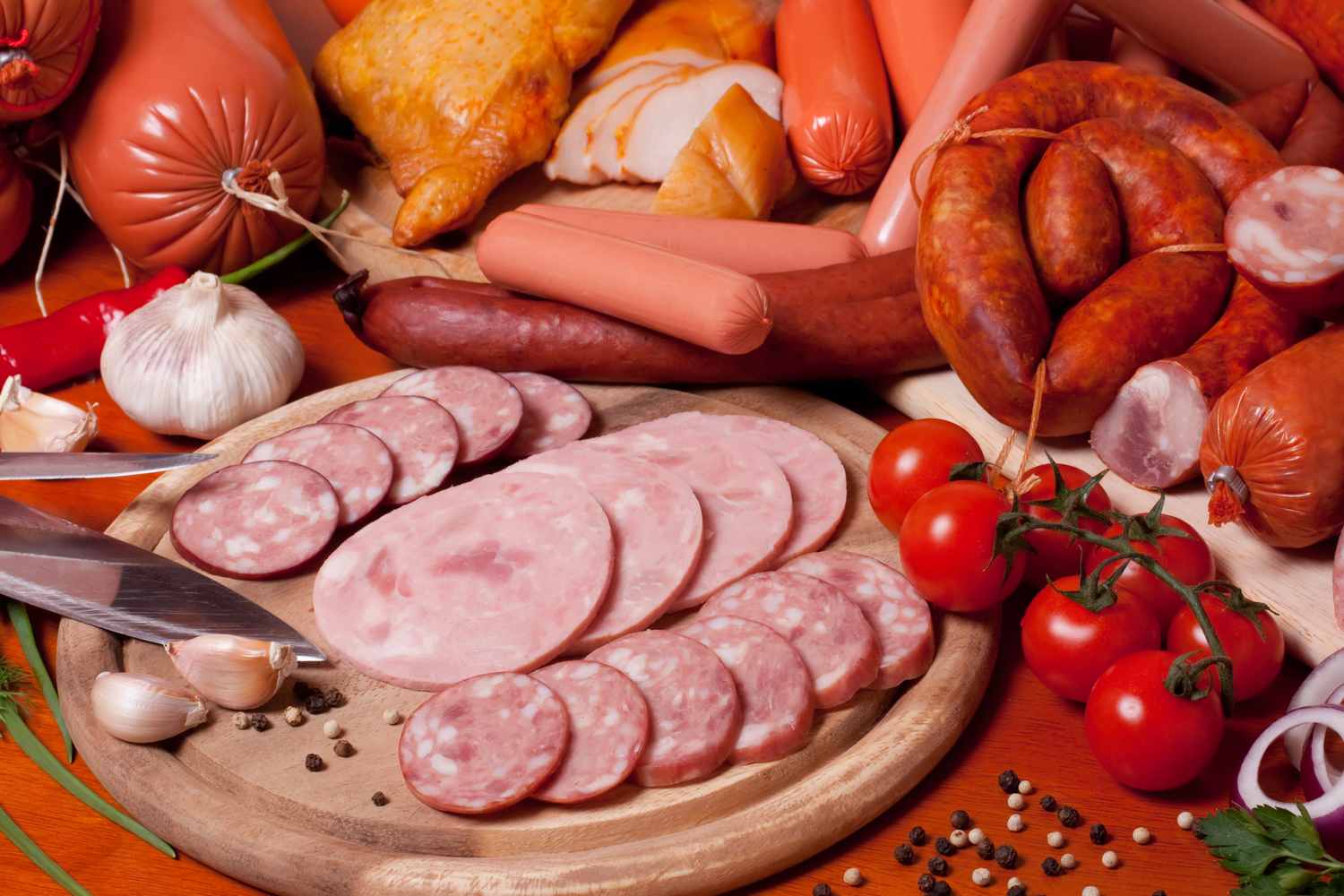
Foods That Cause Breathing Issues
Breathing issues are no joke, which is exactly why it’s important to be mindful of what could cause them. Depending on existing shot info and shot registration, a Novavax booster shot—which has undergone clinical trials—might be recommended by medical professionals in order to prevent more serious breathing problems. However, managing your diet might also help to prevent or lessen breathing issues.
Navigating health concerns such as nasal polyps, lung cancer, and asthma demands a comprehensive approach to treatment. For swollen nasal polyps, corticosteroids are often recommended to alleviate inflammation and promote relief. In the realm of lung cancer, particularly non-small cell lung cancer, treatments like nivolumab may be considered, showcasing advancements in immunotherapy. Sinonasal polyposis, characterized by the presence of nasal polyps, may benefit from a combination of surgical intervention, corticosteroid therapy and biologics for elimination diet eoe. Addressing seasonal asthma involves a tailored approach to manage symptoms triggered by specific environmental factors. Additionally, for those dealing with alpha-1 antitrypsin COPD, personalized treatment plans and support are essential in mitigating the impact of this genetic condition on respiratory health. In navigating these health challenges, consulting with healthcare professionals remains paramount to determine the most effective and personalized treatment strategies.
Keep reading to learn more about 5 foods that may cause breathing issues:
1. Processed meats
As with any processed good, meats that are processed are treated with preservatives and additives in order to enhance the flavor and prolong the shelf life. Discovered by researchers, consuming processed meats is related to an increase in the risk of developing chronic obstructive pulmonary disease, a disease that actually makes it more challenging to breathe. Some examples of processed meats to moderate—or, depending on your preference, simply avoid altogether—include hot dogs, lunch meat, ham, bacon, and sausages.
2. Spicy foods
Capsaicin, an active component of chili peppers, may exacerbate existing respiratory conditions due to airway irritation and the swelling of the throat, which in turn can make it hard to breathe. While this is certainly not the case for everyone, it’s important to note that humans have different levels of spice tolerance and thus, spicy foods may impact some more than others, including by worsening preexisting breathing issues.
3. Corn
Studies find that consuming corn has led subjects to experiencing higher levels of itching, sneezing, and developing a runny nose. Additionally, these subjects were more likely to experience an asthma attack, demonstrating the negative effects that corn can have on the respiratory and immune system. Aside from this, too, corn also contains mycotoxins which can increase the risk of developing cancer or several other health problems.
4. Sodium
Consumed in large amounts, sodium can impact the health of the lungs and result in breathing issues. Most Americans, as backed by various studies, are found to be consuming too much sodium in their diet, which can cause inflammation. Inflammation leads to a higher production of mucus, thus making it trickier to breathe. The fluid retention caused by sodium can also increase the risk of chronic bronchitis and pulmonary hypertension.
5. Fried foods
As with sodium, an overconsumption of fried foods can lead to inflammation that in turn results in breathing issues. Due to their high levels of unhealthy fats, the resulting inflammation can damage the alveoli that are responsible for letting oxygen pass into the bloodstream. Of course, this can manifest in breathing difficulties and potentially even lung disease.


